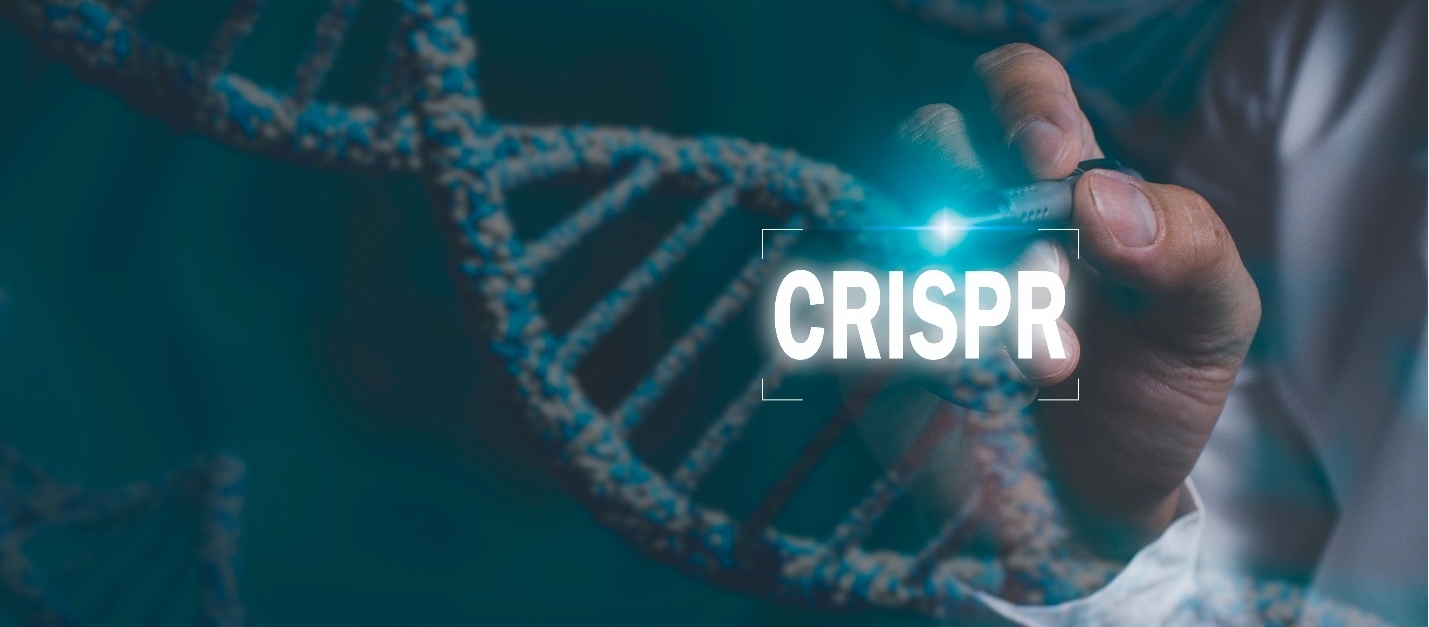
Introduction:
A revolutionary stride has been made in the field of genetic engineering, as researchers from the University of Trento introduce a novel CRISPR enzyme, CoCas9, which promises to enhance the delivery and efficacy of in vivo gene therapy using adeno-associated virus (AAV) vectors.
The Discovery:
The findings of a meticulous metagenomic study spearheaded by Dr. Anna Cereseto and Dr. Nicola Segata at the University of Trento’s Department of Cellular, Computational, and Integrative Biology have surfaced in the prestigious journal, *Nature Communications*. Their research illuminates the potential of CoCas9, a new enzyme identified in the human microbiome, notably more compact and efficient than its predecessors.
CoCas9: The Compact Powerhouse:
Comprised of just over 1,000 amino acids, CoCas9 stands out due to its reduced molecular size which does not compromise its activity or precision. This compactness is crucial—it allows the enzyme to be packaged effectively with guide RNA within the tight confines of AAV vectors, enhancing the potential for its use in direct gene therapy applications.
Clinical Potential:
The practical applications of CoCas9 have been demonstrated in tests involving human hematopoietic stem/progenitor cells and murine retinas. Particularly noteworthy is an experiment targeting the RHO gene, associated with a common form of autosomal dominant retinitis pigmentosa, where a remarkable 35.6% editing efficiency was achieved.
Implications for Genetic Disease Therapy:
This innovative enzyme could significantly broaden the scope of treatable genetic disorders by facilitating the development of more accessible and effective therapies. Dr. Cereseto, whose lab has been at the forefront of genome editing technologies since 2018, highlighted the precision, effectiveness, and compactness of CoCas9 as its key advantages for clinical applications.
Future Directions:
The discovery of CoCas9 is not just a milestone in CRISPR technology but also a beacon of hope for millions suffering from genetic diseases. The enzyme’s potential for optimization and integration into therapeutic protocols could radically transform the treatment landscape for genetic disorders.
Conclusion:
The collaborative efforts at the University of Trento underscore the immense promise of metagenomic research in uncovering novel biological tools for medical science. As the research community continues to explore and refine this groundbreaking enzyme, the future of genetic therapy looks brighter than ever, poised to deliver new treatments that were once thought beyond reach.
PackGene Biotech is a world-leading CRO and CDMO, excelling in AAV vectors, mRNA, plasmid DNA, and lentiviral vector solutions. Our comprehensive offerings span from vector design and construction to AAV, lentivirus, and mRNA services. With a sharp focus on early-stage drug discovery, preclinical development, and cell and gene therapy trials, we deliver cost-effective, dependable, and scalable production solutions. Leveraging our groundbreaking π-alpha 293 AAV high-yield platform, we amplify AAV production by up to 10-fold, yielding up to 1e+17vg per batch to meet diverse commercial and clinical project needs. Moreover, our tailored mRNA and LNP products and services cater to every stage of drug and vaccine development, from research to GMP production, providing a seamless, end-to-end solution.
Related News
[2024/12/20] Gene and Cell Therapy- weekly digest from PackGene
FeaturedNewsArticlesPackGene's NewsletterReceive the latest news and insights to your inbox.About PackGenePackGene Biotech is a world-leading CRO and CDMO, excelling in AAV vectors, mRNA, plasmid DNA, and lentiviral vector solutions. Our comprehensive offerings span...
Sangamo and Astellas Collaborate to Advance Neurological Gene Therapies Using AAV Capsid Technology
Sangamo Therapeutics, Inc. (Nasdaq: SGMO), a leader in genomic medicine, and Astellas Pharma Inc. (TSE: 4503), a global innovator in life sciences, have partnered under a new license agreement. This collaboration centers around Sangamo’s cutting-edge neurotropic AAV...
Inceptor Bio and GRIT Bio Announce Strategic Partnership to Advance IB-T101, a Next-Generation Solid Tumor CAR-T Utilizing the OUTLAST™ Platform
SHANGHAI and MORRISVILLE, N.C., Dec. 18, 2024 /PRNewswire/ -- Inceptor Bio, a leading innovator in cell therapy, and GRIT Bio, a clinical-stage immunotherapy developer, today announced a strategic partnership to advance IB-T101, a potentially best-in-class CAR-T...
Proof-of-concept study bioengineers therapeutics for improved cancer treatment
Credit: Pixabay/CC0 Public DomainA team of Children's Medical Research Institute (CMRI) scientists has identified a new method for producing a therapeutic product that has the potential to improve the treatment of cancer. The work by Associate Professor Leszek...
Related Services

Plasmids GMP Services

AAV GMP Services


